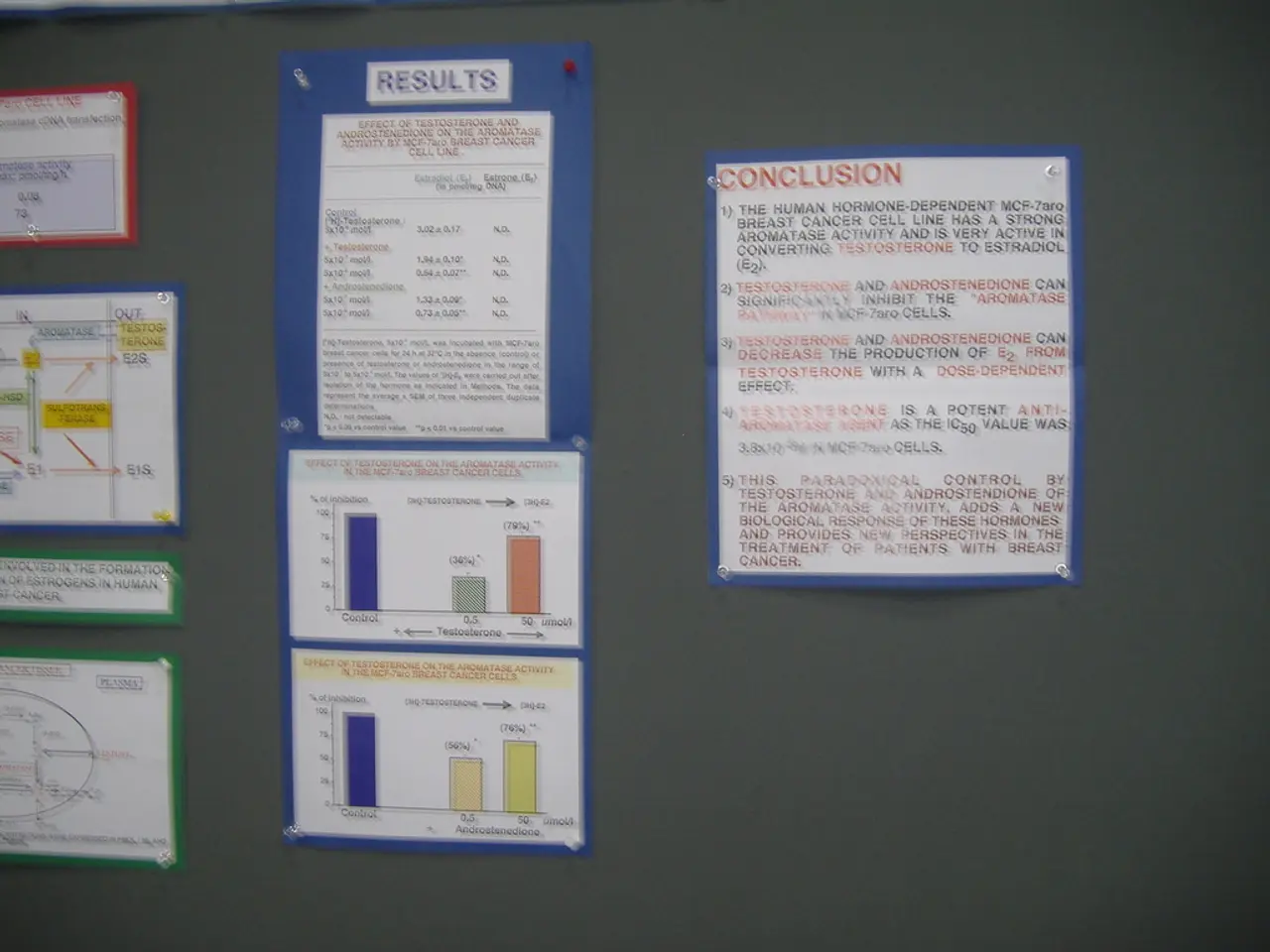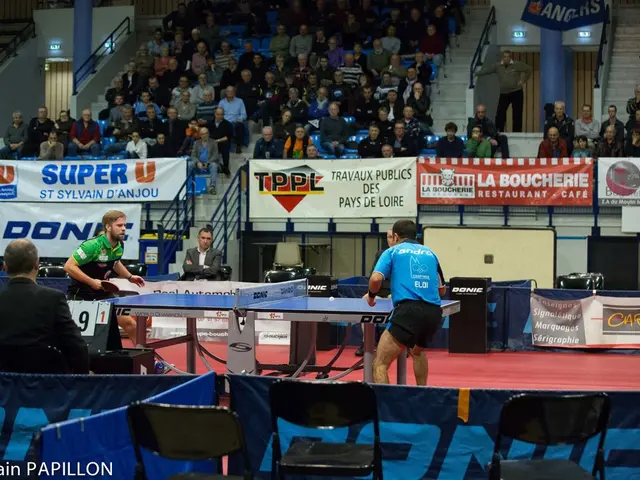Telecom providers in Nigeria receive settlement worth $132 million from local banks over USSD charges dispute.
For six years, a contentious debt has been looming between Nigerian banks and telecom companies, amounting to ₦200 billion. The dispute revolves around the fees for using Unstructured Supplementary Service Data (USSD) services, a payment channel that does not require internet access or smartphones.
In 2021, ₦5.1 trillion was transferred via USSD, a figure that declined to ₦4.4 trillion by 2022. Central Bank Governor Olayemi Cardoso played a significant role in urging the banks to commence payments, but negotiations with the Nigerian Communications Commission (NCC) and the banks have been ongoing.
Telcos argue that banks should collect and remit the applicable fees for USSD services. However, GTCO's Segun Agbaje countered this, stating that the responsibility for fee collection should fall to telcos, given that the entire ₦6.98 fee per transaction goes to them.
The payment process has been slow, according to Gbenga Adebayo, president of the Association of Licensed Telecommunication Operators of Nigeria (ALTON). Banks appear to be resisting the payment process, potentially as a way to stick it to telcos.
USSD remains the fifth most used payment channel in Nigeria, but has the lowest spend-per-transfer at ₦10,000. This is significantly lower than the industry average for spend-per-transfer, which is ₦70,000 for channels like mobile apps and online transfers, according to data from the National Bureau of Statistics.
The lack of an agreement about sharing USSD fees from the beginning has complicated matters. Other bank executives have raised questions about the transparency of the billing process. One such executive, Segun Agbaje, argued in 2023 that if financial inclusion is to be achieved, the cost of data should be reduced, which would eradicate USSD.
Following a late 2023 meeting, banks have started repaying the debt. However, some bank experts suggest that the debt between banks and telcos may not be fully resolved, with many bank executives advocating for telcos to let it go.
It is important to note that the specifically involved banks have not been named in publicly available sources, but it is known that the Central Bank of Nigeria (CBN) and the Nigerian Communications Commission have been in discussions with banks and mobile network operators about the long-standing debt of ₦250 billion for the use of USSD services.
Despite the ongoing debate, it is clear that a resolution has been reached, signalling a step towards a more harmonious relationship between Nigerian banks and telecom companies.
Read also:
- Deepwater Port Construction Permits for Projects within the South Central Region's Air Regulations
- Citizen Thekla Walker, Minister, urges: "Let's face our responsibilities at home"
- Editorial Correspondence: Justifying the Elimination of a Program Earmarked for Reducing Our Own Carbon Footprint?
- Investment of $20 million in an eco-friendly ammonia production facility in Africa by SA-H2 fund







